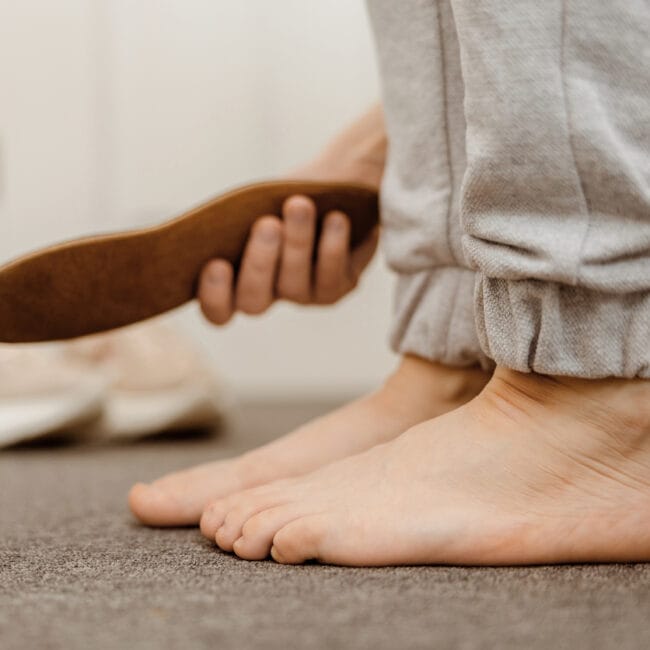If you have ever closely examined a bone, you may remember that it appeared to have lots of tiny holes, similar to a sponge or a honeycomb. The presence of these holes means bones are much more lightweight than if they were completely solid, but the size and spread of the holes means the bone is still incredibly strong and durable. Osteoporosis, which literally means “porous bone”, is a condition where these holes are much larger than they should be, either because the bone has lost density, or never produced it in the first place.
There are certain demographics that are more likely to develop osteoporosis compared to others, with post-menopausal women being the most at-risk group, but unless you have an underlying medical issue, most cases can be attributed to ageing and lifestyle choices.
Lifestyle choices that can affect your likelihood of developing osteoporosis include smoking, excessive alcohol consumption, and low levels of physical activity, but diet is by far the most influential factor. What you eat determines which minerals and vitamins your body has to work with, and if you are trying to build strong bones, then you need sufficient amounts of both calcium, which helps make the bone, and Vitamin D, which helps your body absorb calcium more efficiently. The average adult needs between 500 & 700mg of calcium a day.
Among the best sources of calcium are dairy products, such as milk, cheese, or yogurt; leafy green vegetables, such as cabbage, spinach, or kale; nuts such as peanuts, almonds, or cashews; soya products such as beans or milk; bread; tofu; and fish served with bones.
Most of the Vitamin D we get comes from the sun, but if there is limited sunlight, fish such as salmon or tuna, eggs, and cheese are all good alternative sources. Ideally, you should spend as much time as possible in direct sunlight, although this is not always an option (particularly if you live in Ireland).
Apart from knowing what to consume, you also need to know what to avoid. For example, fizzy drinks contain an ingredient called phosphoric acid, which prevents your body from absorbing calcium. Foods that are high in salt have also been shown to increase the likelihood of developing osteoporosis, so processed, canned, baked, and fast foods should be avoided, and you should limit the amount of salt you put in or on your own food.
Osteoporosis is not a condition that appears overnight, but rather one that manifests slowly over a number of years. While it may not be a major concern now, looking ahead and taking steps to minimise your chances of developing the condition, which will not only help you avoid issues such as back pain and bone fractures, but will ensure that you keep moving and stay healthy well into old-age.















